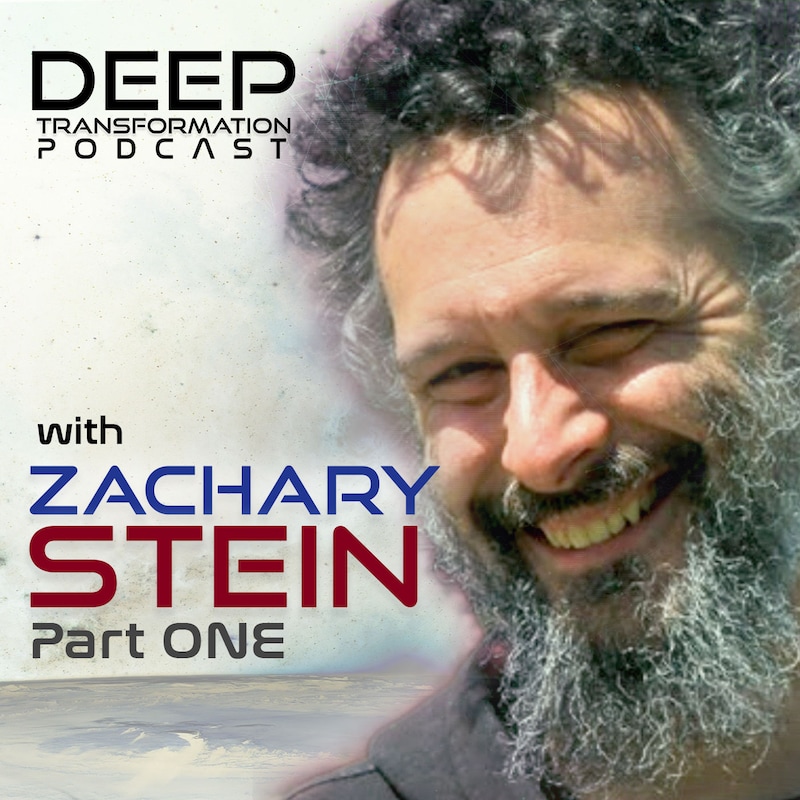Shownotes
Ep. 61 (Part 1 of 2) | Educator, author, philosopher, and futurist Zak Stein gives a startling account of the effects the digital age already has on education and where this is headed. Think AI tutors and students talking in 3D with Socrates. Zak sees education in a deeply philosophical sense as fundamental to the sustainability of our civilization, with implications for each component of the metacrisis. Who will be driving the technology stack that actually leads to a viable civilization? Can we maintain our psychological sovereignty in a sea of digital propaganda and know the truth?
Zak describes the metacrisis as a gestalt shift that allows us to orient toward the whole in an intuitive way and how this can give us traction in finding solutions. He finds hope for our future in the untapped potential of our collective human family and especially in the untapped potential of our youth, given the opportunity to make their lives meaningful and connected, working together to resolve the pressing challenges of our time. If you have a slightly outdated perception of the present, this impactful, far-reaching conversation may rock it squarely to the edge of present and future. Recorded November 30, 2022.
“A crisis at the root of the way we make choices about civilization itself—the metacrisis is a crisis of the mind.”
(For Apple Podcast users, click here to view the complete show notes on the episode page.)
Topics & Time Stamps – Part 1
- Introducing Dr. Zachary Stein, educator, author, philosopher, futurist (01:12)
- What exactly is the metacrisis? (03:30)
- The main risk to the planet is our inability to make the right decisions (06:06)
- Creating a world philosophy that would be adequate for sustaining civilization, and shifting to an intuitive gestalt of the planetary whole rather than addressing only the parts or individual crises (07:10)
- The metacrisis is also about existential risk and catastrophic risk: the near-term future is precipitous (09:07)
- Where is the hope? What can we do as individuals? (10:14)
- The metacrisis does not imply anything faulty about humans (11:09)
- It’s as a result of our successes that we need to rebalance the domains that need attention
- The metacrisis hyperspace is so complex, it forces you to look at it intuitively—consulting the analytical and then returning to the whole gestalt (16:05)
- The sensemaking crisis and the booby trapping of the ecosystem of information (17:54)
- Public sensemaking, propaganda wars, the issue of trust with the news and politicians, cyber troops, and social media (20:03)
- The behavior manipulation machine, the thought terminating cliché, and how propaganda targets the intuition (24:05)
- Propaganda is the evil twin of education (32:28)
- How do we find our way through? Psychological sovereignty says a human being can know the truth (37:47)
Resources & References – Part 1
- Books by Zachary Stein
- Zak’s website: http://www.zakstein.org
- 2015 Integral Theory Conference
- Hans Despain, Roy Pascar, Sean Esbjörn-Hargens
- Daniel Schmachtenberger, founding member of The Consilience Project, aimed at improving public sensemaking and dialogue (Zak Stein, co-founder)
- Ken Wilber, Sex, Ecology, Spirituality*
- Zachary Stein, co-founder Center for World Philosophy and Religion with Marc Gafni
- Max Horkheimer & Theodor Adorno, Dialectic of Enlightenment*
- Habermas’ Critique of the Frankfurt School
- Jean Piaget, psychologist whose work led to the study of development becoming a major sub-discipline of psychology
- Ashley Rindsberg, The Gray Lady Winked: How the New York Times’s Misreporting, Distortions and Fabrications Radically Alter History*
- Consilience Project propaganda series (#1)
- Louis Menand, The Free World: Art and Thought in the Cold War*
- Fukushima, ongoing nuclear disaster
- OAN, One America News Network
- Zachary Stein, co-founder, Lectica
* As an Amazon Associate, Deep Transformation earns from qualifying purchases.
---
Dr. Zak Stein is a philosopher of education, trained at Harvard, co-founder of Lectica, Consilience Project, and Center for World Philosophy and Religion (formerly Center for Integral Wisdom). He is the author of dozens of published papers and two books, including Education in a Time Between Worlds.
---
Podcast produced by Vanessa Santos and Show Notes by Heidi Mitchell





